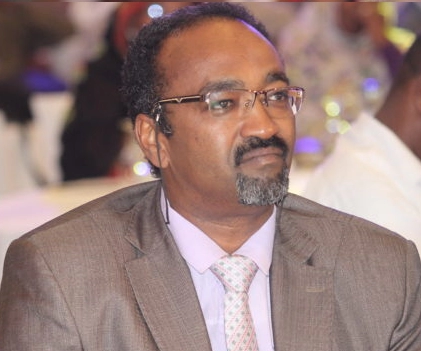Ten Dangerous Confessions by Dagalo (2)

By Dr. Muzammil Abu Al-Qasim
The latest statements by the second-in-command of the rebellion, Abdel Rahim Dagalo, contained ten clear and direct confessions, which can be summarized as follows:
1. His explicit admission that the militia ignited the April 15 war, acknowledging that they made a mistake by initiating the conflict in Khartoum, and in doing so, he exonerated the army from the accusation that the militia and its allies had tried to pin on it for two years.
2. His acknowledgment of the collapse of the militia’s command and control structure.
3. His admission of widespread desertion among senior commanders, officers, and soldiers alike, and their refusal to fight—prompting Abdel Rahim Dagalo to threaten them with execution and prosecution.
4. His confession of the militia’s failure to pay the salaries and entitlements of its forces, as evidenced by his promise to settle them within 72 hours.
5. His recognition of the growing dissent and rebellion among traditional civil leaders against the militia due to pressure from their communities, following the deaths of tens of thousands of their sons, the severe injuries of many others, and the lack of medical care for the wounded—as well as the unknown fate of many fighters, who were either killed or captured by the army.
6. His implicit admission of the failure of the militia’s and its sponsors’ project to seize power in Sudan through armed force.
7. His acknowledgment that militia officers and soldiers have turned away from combat, resorting instead to looting, robbery, petty crimes, and the illegal trade of weapons, fuel, and stolen goods.
8. His admission of the failure of the parallel government project and the inability of the militia’s civil administration to provide security or basic services to citizens in the areas under militia control.
9. His confession that recruitment and mobilization efforts in militia-held areas have ceased, with desertions spreading as a result of the repeated defeats suffered by the militia at the hands of the army over the past four months.
10. His admission of the absence of the criminal rebel leader Hemeti from the top of the militia’s leadership hierarchy, leaving Abdel Rahim—known for his recklessness, ignorance, and foolishness—to lead the defeated and crumbling forces on all fronts.



